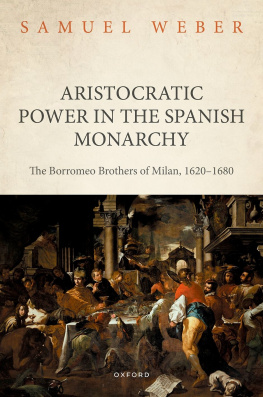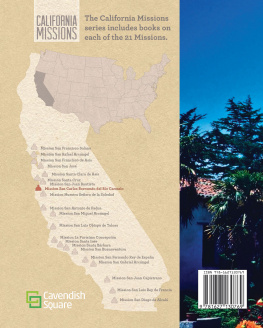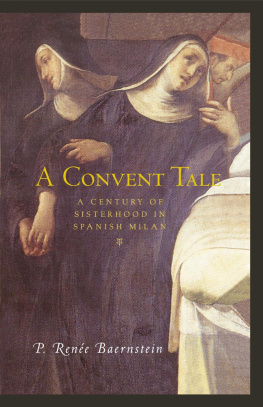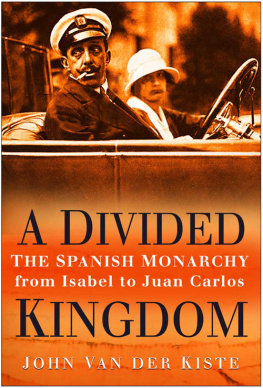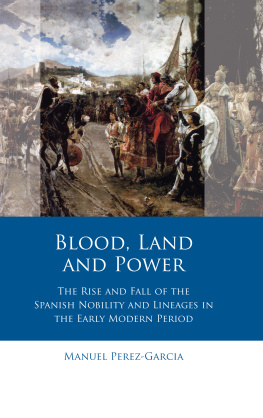
Great Clarendon Street, Oxford, OX2 6DP, United Kingdom
Oxford University Press is a department of the University of Oxford. It furthers the Universitys objective of excellence in research, scholarship, and education by publishing worldwide. Oxford is a registered trade mark of Oxford University Press in the UK and in certain other countries
Samuel Weber 2023
The moral rights of the author have been asserted
All rights reserved. No part of this publication may be reproduced, stored in a retrieval system, or transmitted, in any form or by any means, without the prior permission in writing of Oxford University Press, or as expressly permitted by law, by licence or under terms agreed with the appropriate reprographics rights organization. Enquiries concerning reproduction outside the scope of the above should be sent to the Rights Department, Oxford University Press, at the address above
You must not circulate this work in any other form and you must impose this same condition on any acquirer
Published in the United States of America by Oxford University Press
198 Madison Avenue, New York, NY 10016, United States of America
British Library Cataloguing in Publication Data
Data available
Library of Congress Control Number: 2022951995
ISBN 9780198872597
ebook ISBN 9780198872610
DOI: 10.1093/oso/9780198872597.001.0001
Printed and bound in the UK by TJ Books Limited
Links to third party websites are provided by Oxford in good faith and for information only. Oxford disclaims any responsibility for the materials contained in any third party website referenced in this work.
To my nonni
Acknowledgments
This book started life as a Ph.D. thesis I wrote as part of a joint doctorate at the Universities of Bern and Durham. As I send it off to print, it is a pleasure to acknowledge the many people who helped me with this project over the years of its gestation.
My most heartfelt thanks go to the four people who supervised the Ph.D. and its subsequent metamorphosis into a monograph. My greatest debt is to my two doctoral advisers, Christian Windler and Toby Osborne. Christian not only made me aware of the correspondence of Federico IV Borromeo that became the main source of this book; he has also shaped me as a scholar. Indeed, anyone familiar with his work on the early modern Maghreb and Persia will immediately recognize the profound impact that his subtle analyses of structural power and the agency of subalterns have had on me. Tobys knowledge of Italian elites is as impressive as his willingness to go far beyond the call of duty for his students. No one has read more half-baked drafts of this work than he has over the years. I also want to acknowledge the constant encouragement and unstinting support of the internal and external examiners of the Ph.D., Nicole Reinhardt and Birgit Emich. Without their landmark studies on patronage in seventeenth-century Italy, I could not have conceived the original Ph.D. project, let alone written this book. I can only aspire to become the scholar and mentor that Christian, Toby, Nicole, and Birgit have been to me.
During the research for the Ph.D. and the book, countless people have been generous with their time and expertise. I want to thank former and current colleagues in Bern, whose work I admire greatly and whose friendship has sustained me over the years. I also want to acknowledge the audiences of research seminars and conferences in numerous countries for engaging with papers that later became chapters of the book. Many more colleagues were forthcoming with advice big and small throughout the research for and the writing of this book. While I cannot mention them individually, I do want them to know that each interaction meant the world to me.
Thanks are due to the institutions whose material assistance made the research for this book possible in the first place. Research toward the Ph.D. was funded by the Department of History and the Faculty of Humanities of the University of Bern, Swissuniversities, and the Swiss National Science Foundation. In Rome, I was lucky to be hosted by the Istituto Svizzero and the German Historical Institute on several occasions, and I want to thank the directors of these institutions and my fellow borsisti for a wonderful time in the Eternal City.
I am equally grateful to the institutions where the archival research for this book was carried out. A heartfelt grazie goes to the former and current archivists of the Archivio Borromeo dellIsola Bella, the late Carlo Alessandro Pisoni and Lorena Barale, who were excessively generous in allowing me to pore over the previously untapped Borromeo private papers on which this book is based. I also want to thank the many collaborators of the archives I visited across Italy and Spain. Over the last two decades, they have borne the brunt of the philistine attacks on the humanities that have sadly become de rigueur in governing circles. I salute the services they continue to provide to researchers in spite of their own unsustainable working conditions that should worry anyone who cares about an impartial engagement with the past.
Numerous people have read this text in one of its many iterations from draft chapters of a doctoral thesis to monograph. I must acknowledge the thoughtful and reassuring feedback of Nadine Amsler, Giuanna Beeli, Enrique Corredera Nilsson, Birgit Emich, Toby Osborne, Nicole Reinhardt, Nicolas Rogger, Nadir Weber, and Christian Windler. Last but not least, I thank the two anonymous reviewers for Oxford University Press for their probing questions and insightful comments, which have improved this book substantially. It goes without saying that any shortcomings that remain are my fault alone.
I am grateful to the people who helped me navigate the publication process. Tom Hamilton, Regine Maritz, Toby Osborne, and Nicole Reinhardt offered invaluable advice on earlier versions of the book proposal I ended up sending to Oxford University Press. At Oxford University Press, I thank Karen Raith for believing in the manuscript I submitted, and Luciana OFlaherty and Cathryn Steele for shepherding the project across the finish line. Thanks are due to Vasuki Ravichandran for overseeing the production process and Louise Larchbourne for her eagle-eyed copyediting of the manuscript. Marina Stone provided much-appreciated last-minute help with footnoting before submission.
I could not have written this book in the midst of a devastating pandemic without the practical help and emotional support of friends and family in places near and far. They are far too numerous to mention all of them by name, and the tiredness that comes with wrapping up a project of this scope would inevitably entail regrettable oversights and omissions. I am sure they know who they are. I would, however, be remiss if I did not acknowledge my sisters and my parents. Their unwavering commitment to social justice inspires me every day, and I can only hope that they will accept this monograph as my way of honoring the values they live by. I dedicate this book to my grandmother and to the memory of my late nonni, whose bold dream of a world without privilege gave me hope when the sources I was studying threatened to quash it.
Contents
Archivio Apostolico Vaticano, Vatican City
Archivio Borromeo dellIsola Bella, Stresa

